Blueberries are an anti-aging superfood. A 2012 study found that their total antioxidant capacity was higher than that of blackberries or strawberries. Their total flavonoid content was higher, too, with the most proanthocyanidins and anthocyanidins—particular phytochemicals known to help fight off free radicals.
An earlier study in 1998 had already discovered the power of bluberries, noting they were one of the richest sources of antioxidant phytonutrients in the fresh fruits and vegetables studied.
At Annmarie Skin Care, we love blueberry seed oil because it provides these three anti-aging benefits:
- Antioxidant protection
- Omega-3 fatty acids
- Natural source of vitamin E
Blueberries are antioxidant powerhouses that help reduce the appearance of aging skin.
A Little Bit About the Ingredient Itself
The blueberry plant is a perennial within the genus Vaccinium, which also includes cranberries and bilberries. Native to North America, it can grow up to 13 feet tall, though it often appears as a shorter shrub, with leaves about three inches long and 1.5 inhces wide. Flowers are bell-shaped, and may be white, pale pink, red, or greenish.
The prize of the plant is the berries, which are about a half-inch in diameter with a flared crown at the end. A protective coating called an “epicuticular wax” covers them, and they may ripen anytime between May and August, depending on growing conditions.
Health Benefits of Eating Blueberries
In the U.S., we love our blueberries. The only berry we consume more often is the strawberry. Since we found out about the antioxidant punch blueberries give us, we’ve used them even more often for their health benefits as well as their taste.
Recent studies have indicated that blueberries have enormous potential to help us reduce our risk of disease. Some of the highlights include:
- Memory: A study of older adults found that 12 weeks of daily blueberry consumption helped improve scores on two different tests of cognitive function, including memory.
- Blood sugar: Blueberries are low in terms of their glycemic index (GI), which means they help control blood sugar levels. Participants in a study of blueberries and type 2 diabetes found that those who consumed at least three servings of low-GI fruits a day (including blueberries) saw significant improvement in their regulation of blood sugar.
- Heart: Several studies have shown that consuming about 1-2 cups of blueberries a day (or juice) helped reduce total cholesterol, raise HDL “good” cholesterol, and lower triglycerides.
- Eyes: In preliminary studies, the anthocyanins in blueberries protected the retina in the eye from free radical damage and from UV-ray damage.
Blueberry Seed Oil’s Benefits to the Skin
Adding blueberry seed oil to skin care products provides strong protection. Here are the details:
- High antioxidant levels: One of the main reasons the skin ages is because of environmental stressors, diet, and more. Blueberries are a great source of antioxidants to help keep your skin looking youthful and glowing.
- Vitamin E: This nutrient is also an antioxidant, but has been found in recent studies to be particularly important for your skin. Certain types of vitamin E, called “tocotrienols” (which are plentiful in blueberry seed oil), have been found to be more potent than vitamin E itself in protecting against environmental stressors. These nutrients also provide nourishing and moisturizing benefits.
- Omega-3 fatty acids: These “healthy fats” are skin care powerhouses. Applying omega-3s to the skin helps diminish the appearance of wrinkles, and helps the skin look firm and plump.
- Fast absorbing: This oil is light and greaseless, and absorbs quickly into skin, imparting a pleasant, sweet aroma.
- Rejuvenating: Blueberry seed oil is perfect for sensitive skin as it helps the skin look revived.
Try It!
Of course we used blueberry seed oil in our anti-aging products, as that’s where it really shines. Give it a try and let us know what you think.
Do you take advantage of the benefits of blueberries in your daily life? Please share any tips you may have.
* * *
Sources
Wu-yang Huang, “Survey of antioxidant capacity and phenolic composition of blueberry, blackberry, and strawberry in Nanjing,” J Zhejiang Univ Sci B. 2012 February; 13(2):94-102, http://www.ncbi.nlm.nih.gov/pmc/articles/PMC3274736/.
Ronald L. Prior, Ph.D., “Antioxidant Capacity and Health Benefits of Fruits and Vegetables,” NABC meeting in Portland Oregon, February 1998, http://www.blueberry.org/antioxidants.htm.
“Blueberries,” WHFoods, http://www.whfoods.com/genpage.php?tname=foodspice&dbid=8.
Parry J, et al., “Fatty acid composition and antioxidant properties of cold-pressed marionberry, boysenberry, red raspberry, and blueberry seed oils,” J Agric Food Chem, 2005 Feb 9;53(3):566-73, http://www.ncbi.nlm.nih.gov/pubmed/15686403.
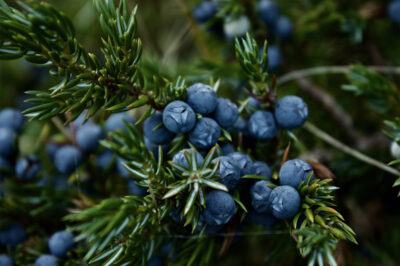

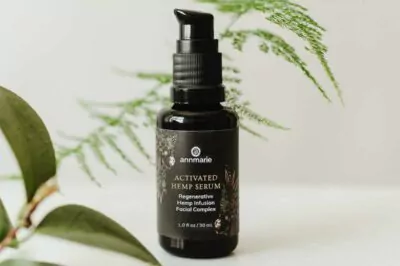
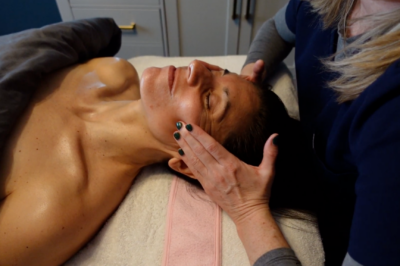
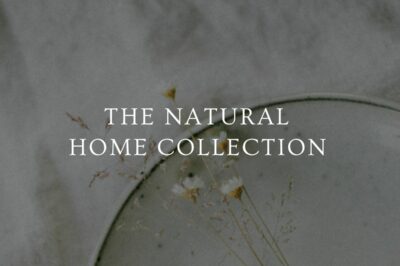
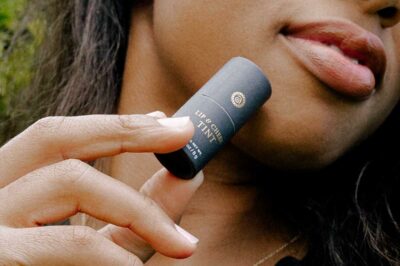
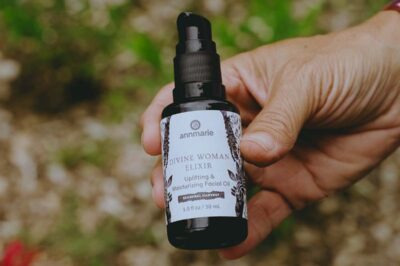
Leave a Reply